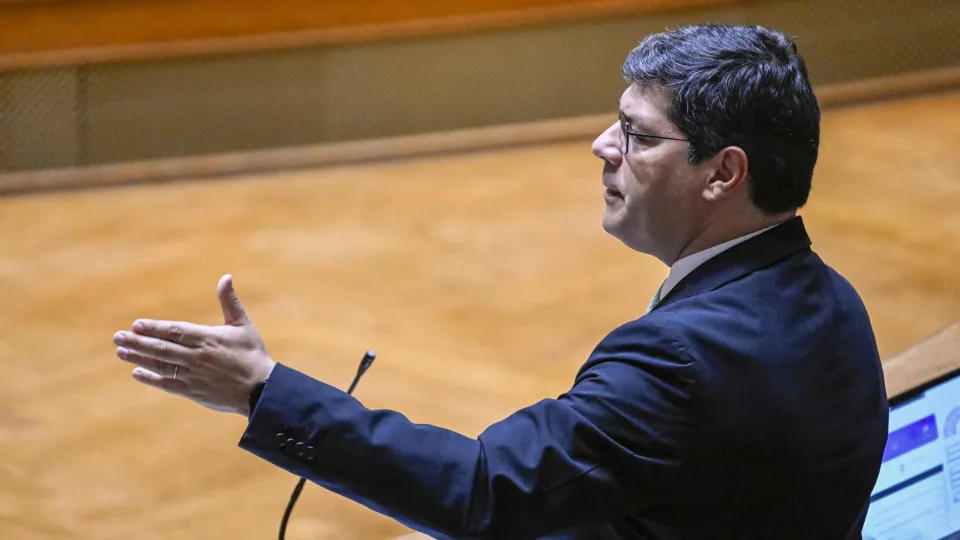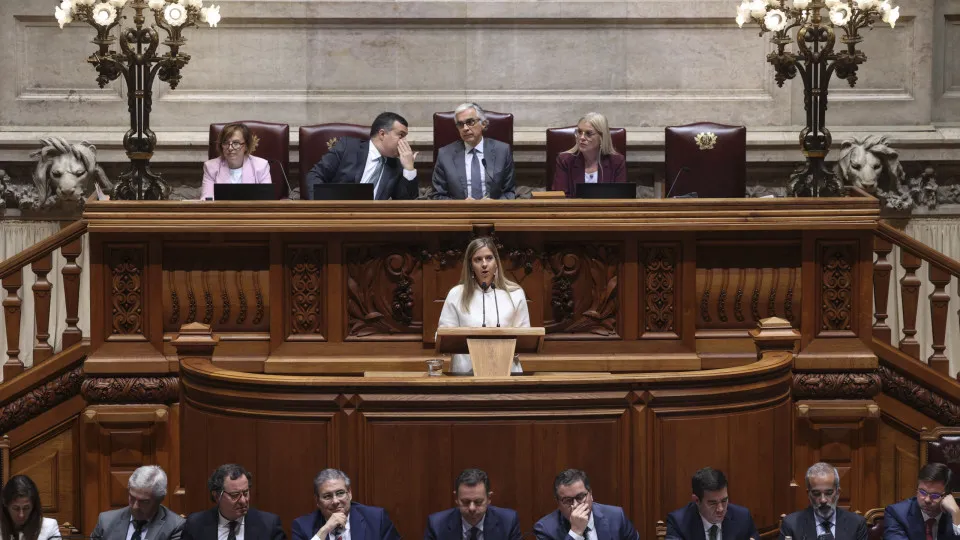The president of BPI, João Pedro Oliveira e Costa, stated that his bank “pays about 37% in corporate tax and also contributes hundreds of euros to the Resolution Fund (FdR) and the contingent capital mechanism.”
“I didn’t break any glasses, do I have to pay for the whole party?” he remarked during the Money Summit Portugal 2030, held in Lisbon.
“Honestly, I don’t see the reason—unless purely ideological—for imposing more taxes on banks,” added the president of the bank, part of the Spanish group Caixabank.
Meanwhile, the president of BCP, Miguel Maya, noted that the sector has a special tax and “a contribution to something called the Resolution Fund.”
“BCP has already exceeded 600 million euros and we still have 30 or 40 years to pay,” he stated.
On the side of Santander Totta, Pedro Castro e Almeida also addressed the issue of corporate tax and pointed out that the bank accounts for 5% of the total revenue.
The executive warned about the risks of increasing taxation in a small country with few large companies like Portugal.
“These are the companies that create more jobs, more innovation, more investment. I hope it doesn’t go ahead. I think it’s more of a political issue, but I think the level of taxation we have on large companies and individuals in Portugal no longer makes sense. Talking about tax increases doesn’t make any sense,” he added.
Meanwhile, Pedro Leitão, from Montepio, noted that taxes on the bank “penalize the return on capital” and what the bank can reinvest.
Earlier this month, during the presentation of the draft State Budget for 2026, which repeals the additional tax on the banking sector (after being declared unconstitutional by the Constitutional Court), the government announced that it will seek new ways to tax banks.
“We will revisit the issue of taxing this sector and look for other forms of taxation that do not have a problem with unconstitutionality,” Miranda Sarmento told journalists.
In June, it was already known that due to unconstitutionality, the state would return about 200 million euros to the banks concerning the amount paid in this tax since its creation.
The additional solidarity levy on the banking sector was created in 2020 by the PS government (led by António Costa) during the Covid-19 crisis to finance Social Security.




